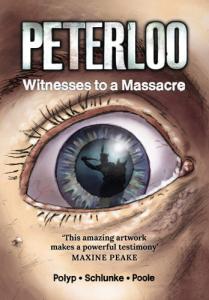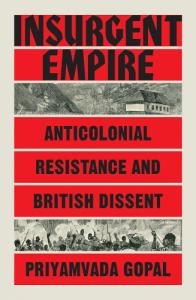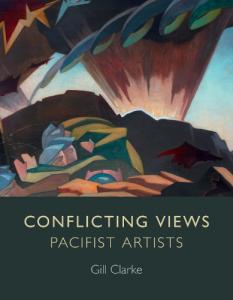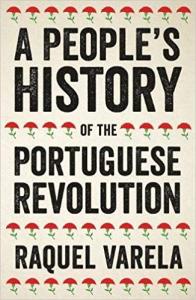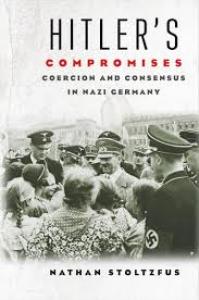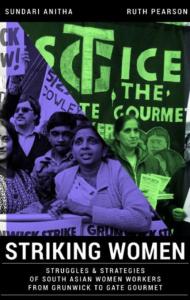On 10 November 2019, it will be 24 years since the Nigerian writer and activist Ken Saro-Wiwa and eight Ogoni colleagues were hanged by the military government for campaigning nonviolently against the oil company Shell. It is over 60 years since Shell started drilling oil in the Niger Delta.
Home to 20 million people and 40 different ethnic groups, the Niger Delta is the largest wetland in Africa, and the recipient of frequent oil spills from pipes, pumping stations and oil platforms…




